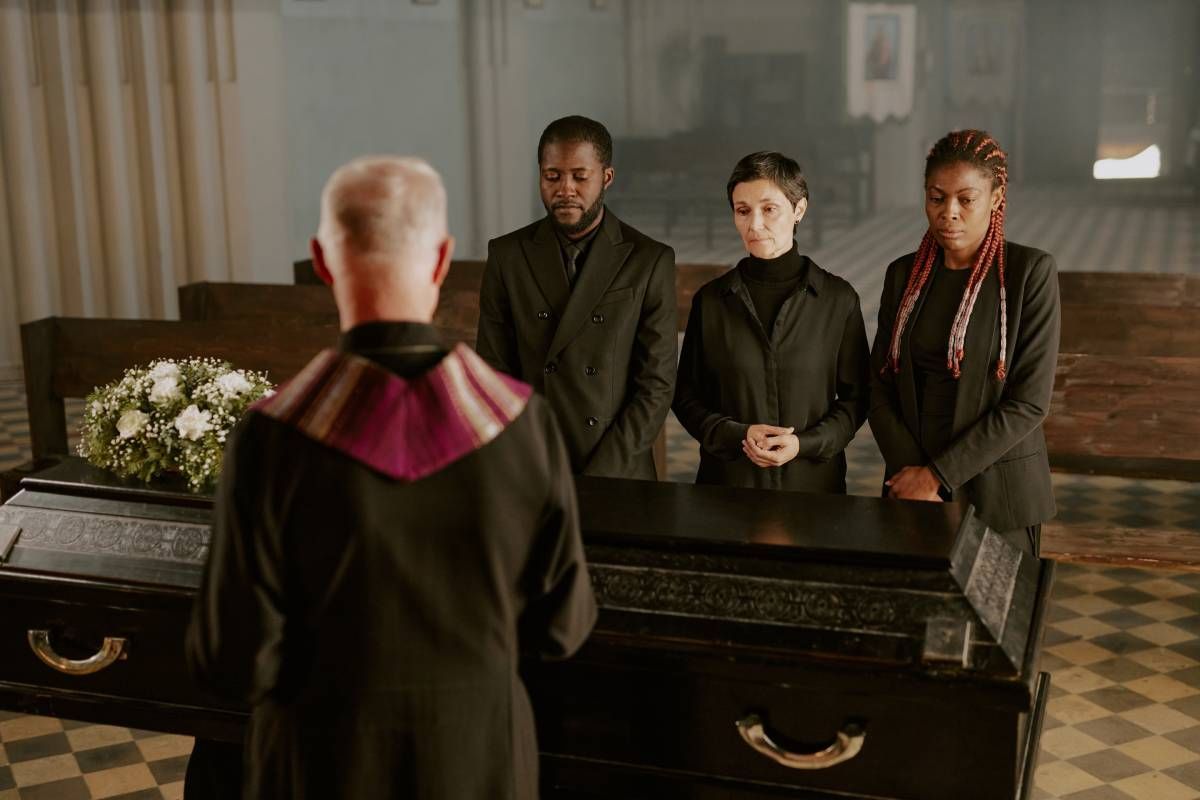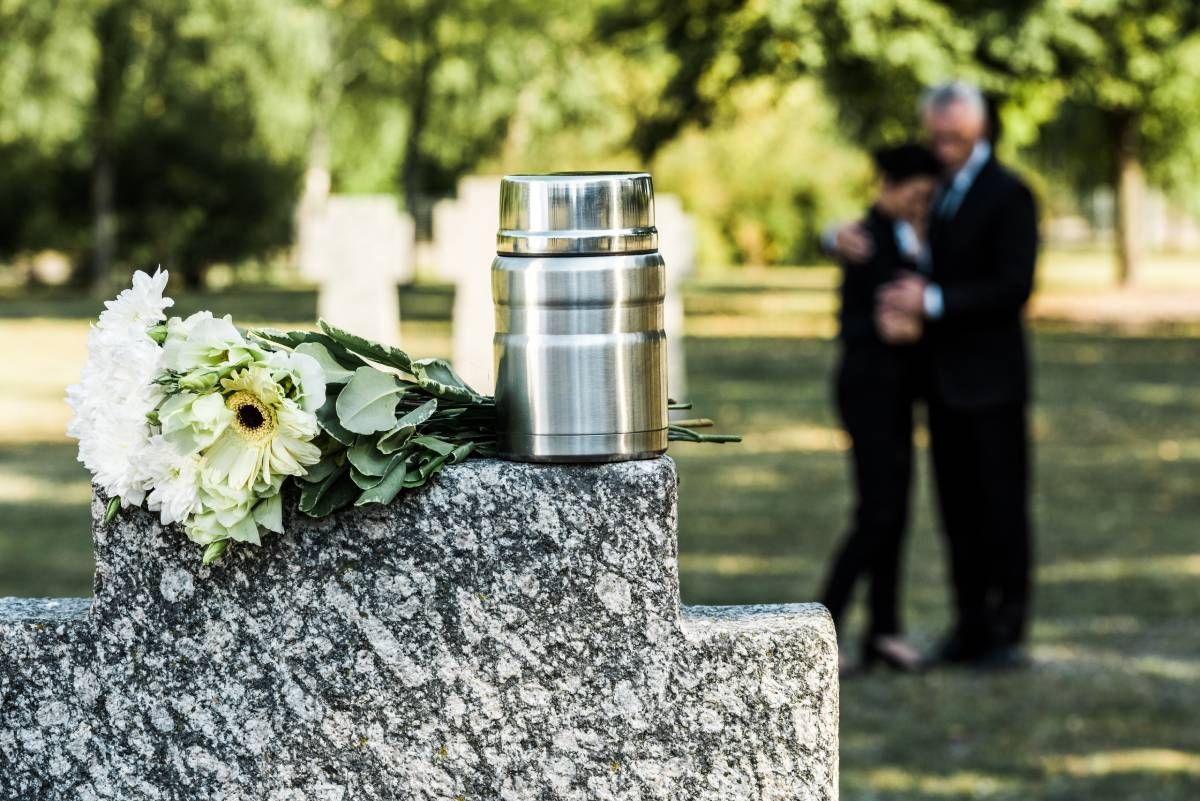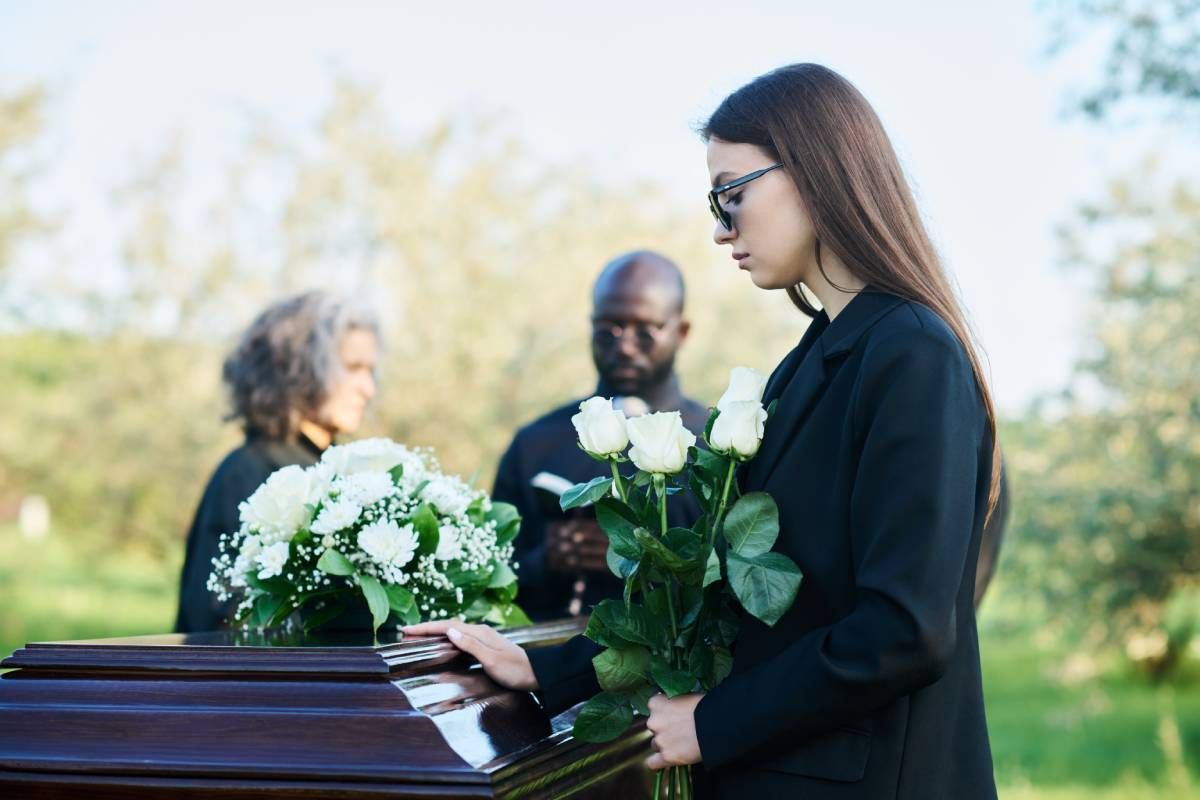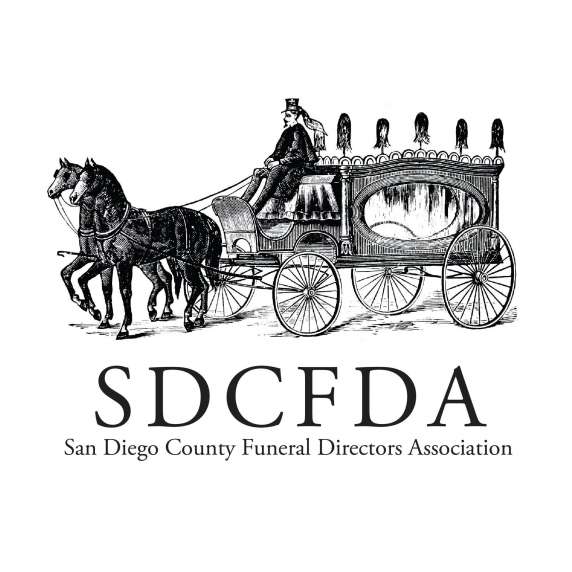
Funeral planning is an essential but often overlooked process that involves navigating a web of legal requirements. Understanding these obligations ensures that a loved one’s final wishes are respected while adhering to state and local regulations. Whether you're preplanning your own funeral or arranging one for a family member, knowing the legal aspects of funeral planning El Cajon can help you avoid complications and ensure everything is done according to the law.
Securing a death certificate
One of the most critical legal steps in funeral planning El Cajon is obtaining a death certificate. This official document is required for various legal processes, including settling the deceased's estate, accessing insurance benefits, and arranging burial or cremation services. Typically, the funeral director will assist in obtaining this certificate from the local vital records office. It must be signed by a physician or coroner, and accurate information about the deceased is vital to avoid delays. In many states, the death certificate needs to be filed within a particular time frame, which is normally within 72 hours of death.
Complying with burial and cremation laws
State and local laws regulate the burial and cremation processes. For burials, most states require a burial permit, which is often handled by the funeral home or cemetery. This permit ensures that the burial takes place in a designated cemetery or location in compliance with health and safety standards. For cremations, most states mandate a waiting period, typically 24 to 48 hours after death, before the process can proceed. Cremation also needs written authorization from the person legally entitled to control the disposition of the remains. Some states have specific regulations regarding the scattering of ashes, so it’s important to check local laws if this is part of your funeral planning El Cajon.
Funeral home regulations and licensing
Funeral homes are subject to strict licensing and regulation to ensure that they comply with health, safety, and ethical standards. Funeral directors must be licensed professionals who are trained to handle the preparation of the body, arrange services, and assist with legal paperwork. The Federal Trade Commission’s (FTC) Funeral Rule also requires funeral homes to provide a general price list to clients, ensuring transparency in costs. This rule allows families to compare prices and make informed decisions without feeling pressured to purchase unnecessary services.
Prepaid funeral contracts
Preplanning your funeral can relieve your family of financial and emotional stress, but it’s essential to understand the legal implications of prepaid funeral contracts. Many states require funeral homes to place prepaid funds into a trust or insurance policy to protect against fraud or misuse. The funeral contract should clearly outline the services being paid for, the total cost, and any conditions or limitations. Reviewing these contracts carefully and possibly consulting with an attorney can prevent misunderstandings and ensure that your wishes are honored.
By understanding these legal requirements, you can ensure that your funeral planning El Cajon process is conducted legally and respectfully, honoring your loved one’s memory while staying compliant with the law.













